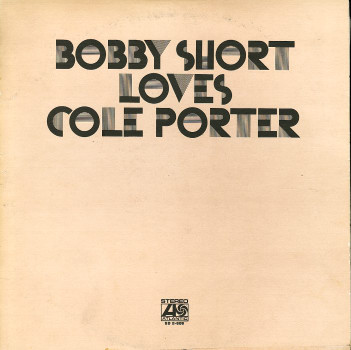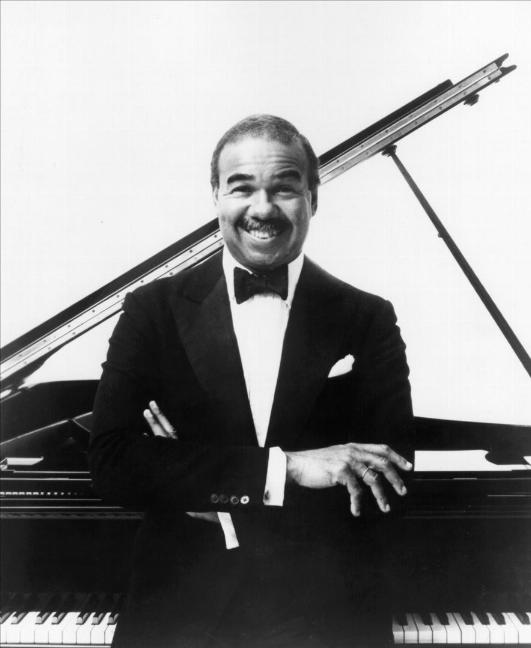
The forty-first episode of Three on the Aisle, the twice-monthly podcast in which Peter Marks, Elisabeth Vincentelli, and I talk about theater in America, is now available on line for listening or downloading.
Most of this podcast is devoted to a lengthy review with Tracy Letts. Here’s American Theatre’s “official” summary of the proceedings:
To listen to or download this episode, read more about it, or subscribe to Three on the Aisle, go here.This week, the critics discuss Tina, the new Tina Turner musical on Broadway, and its place in the canon of recent jukebox musicals. They also dive into the mailbag to answer some intriguing questions from listeners covering show running times, our physical relationships to the theatre as a space, and the astonishing lack of accessibility in Broadway houses.
In case you’ve missed any previous episodes, you’ll find them all here.





